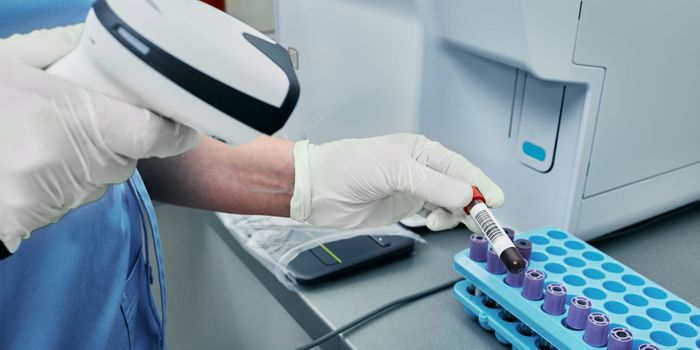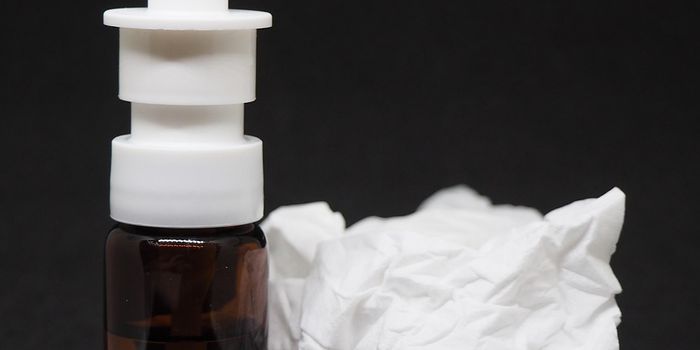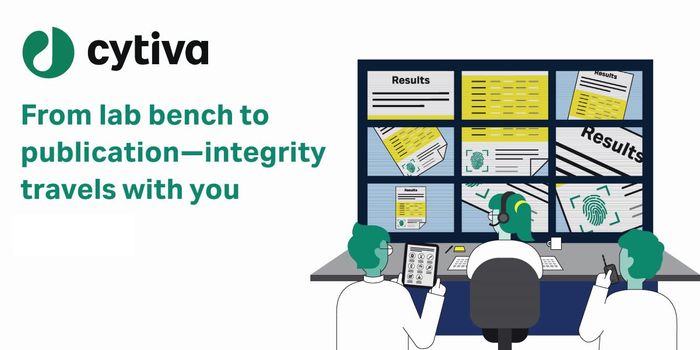Regenerating Beta Cells to Cure Diabetes
It’s been established that cells in the islet of the pancreas called beta cells produce a critical hormone that controls blood sugar - insulin. However, those cells can get tapped out for a variety of reasons, sometimes because they’re overworked or in other cases because the immune system destroys them. Ultimately the loss of those cells results in a lack of insulin and chronically high blood sugar - diabetes. Researchers have long speculated that getting those cells to regrow would be a way to cure diabetes; but first, they have to figure out how if it's possible.
Writing in Trends in Endocrinology & Metabolism, scientists from the Diabetes Research Institute at the University of Miami (DRI) have now said that progenitor stem cells do exist in the pancreas. These cells, said the scientists, can regenerate in humans. This article is meant to settle a debate about how to coax those cells to grow.
"We have demonstrated that there are progenitors in the adult pancreas, not only in mice but in humans, which is a very important clarification, and that those cells can potentially be stimulated through pharmacological means to induce regeneration in patients with type 1 diabetes. That is the 'Holy Grail' of what we are trying to achieve here at the DRI," explained Juan Dominguez-Bendala, Ph.D., director of pancreatic stem cell development for translational research. He was the co-author of the report with Ricardo Pastori, Ph.D., director of molecular biology.
Decades ago, researchers suggested that progenitor cells lived in the duct of the adult pancreas. That catalyzed investigations into how to stimulate ductal cells to specialize into other types of cells in the pancreas, including those that make insulin.
A technique called lineage tracing was used later to trace the development of pancreatic cells. It showed that insulin-producing beta cells are replenished when existing cells divide; they were not coming from the growth of fresh ones.
The DRI researchers think that there were flaws in the model used to reach those conclusions. One major caveat was introduced when mice were used; there are huge differences between mouse and human islets.
"The hypothesis that the pancreas harbors progenitor cells has been discredited for a number of years, but we believe that many of the techniques used to reach that conclusion were flawed. We have found profound differences in the behavior of human cells versus mouse cells in the pancreas, and we think it's important to highlight and emphasize the regeneration processes in human cells," explained Dr. Dominguez-Bendala. "Clearly, our work and the work of others is actually contributing to the notion that we have stem cells in the adult pancreas, and that we can potentially exploit those cells to our benefit for the treatment of type 1 diabetes."
Type 1 diabetes happens after the body’s immune system mistakenly attacks pancreatic beta cells and kills them. Patients have to monitor and inject insulin every day — the only ones that don’t have received successful islet transplants. We don’t have enough of those healthy islets to cure every type 1 diabetic, however. A potential solution is getting patients to regrow their own cells.
"If we could give the patient something that will promote the proliferation and subsequent differentiation of those cells that are already in the pancreas into beta cells while controlling autoimmunity, we could harness the natural ability of the body to heal itself. We think that would open a whole new therapeutic horizon," said Dr. Dominguez-Bendala.
Sources: AAAS/Eurekalert! Via DRI, Cell Reports, Trends in Endocrinology & Metabolism








